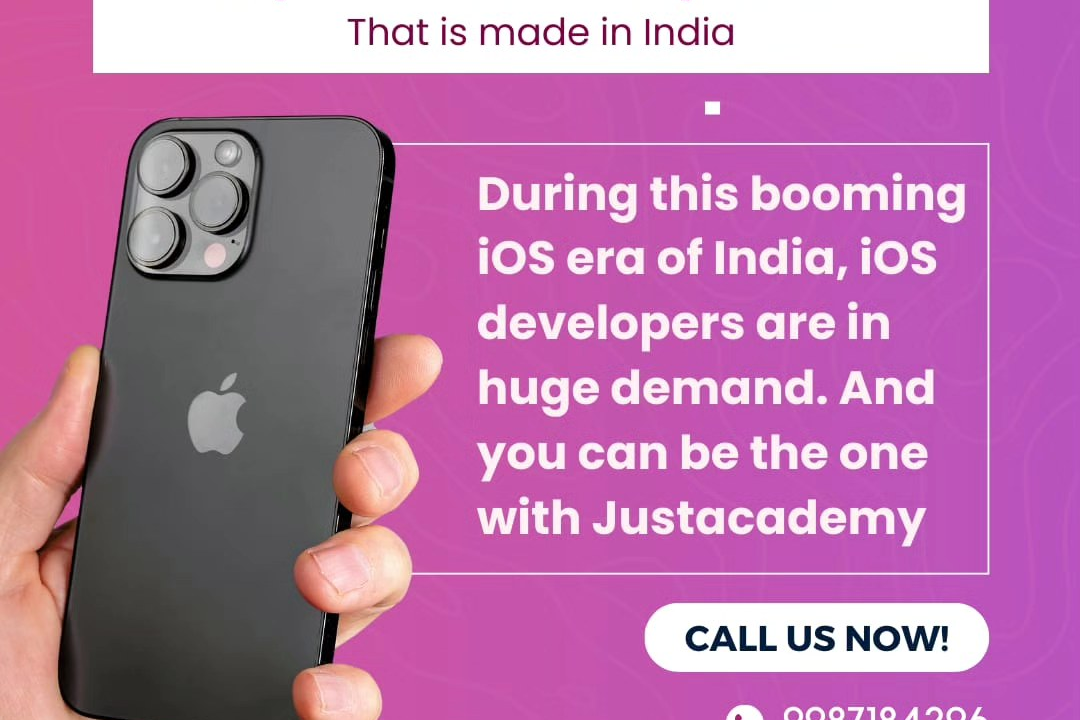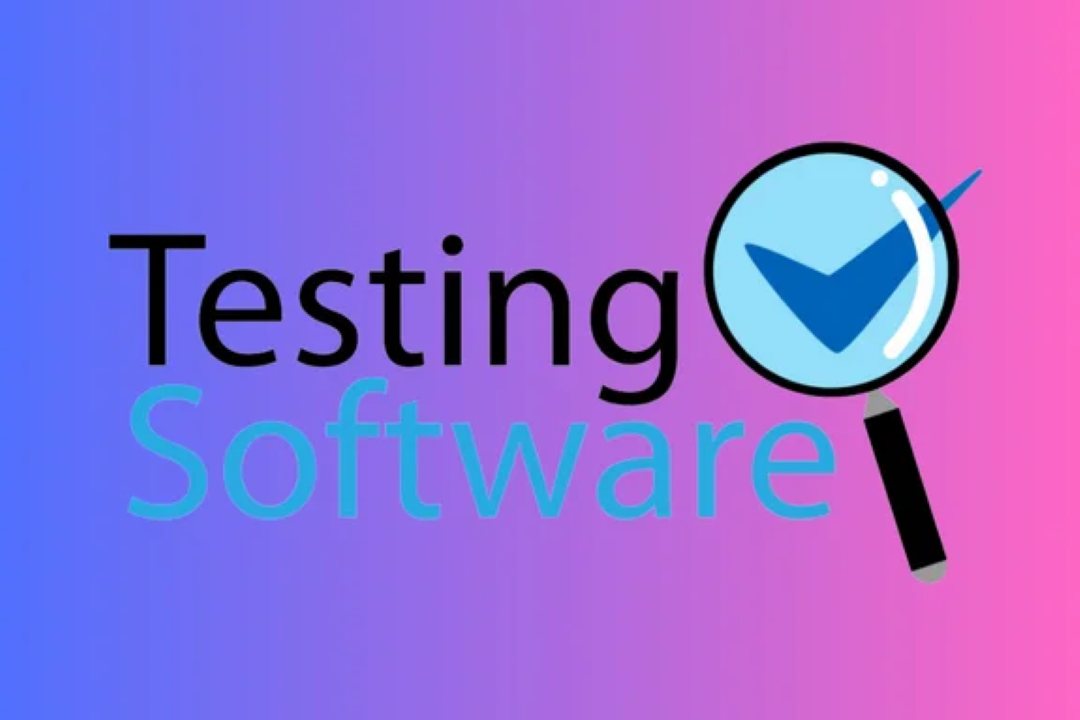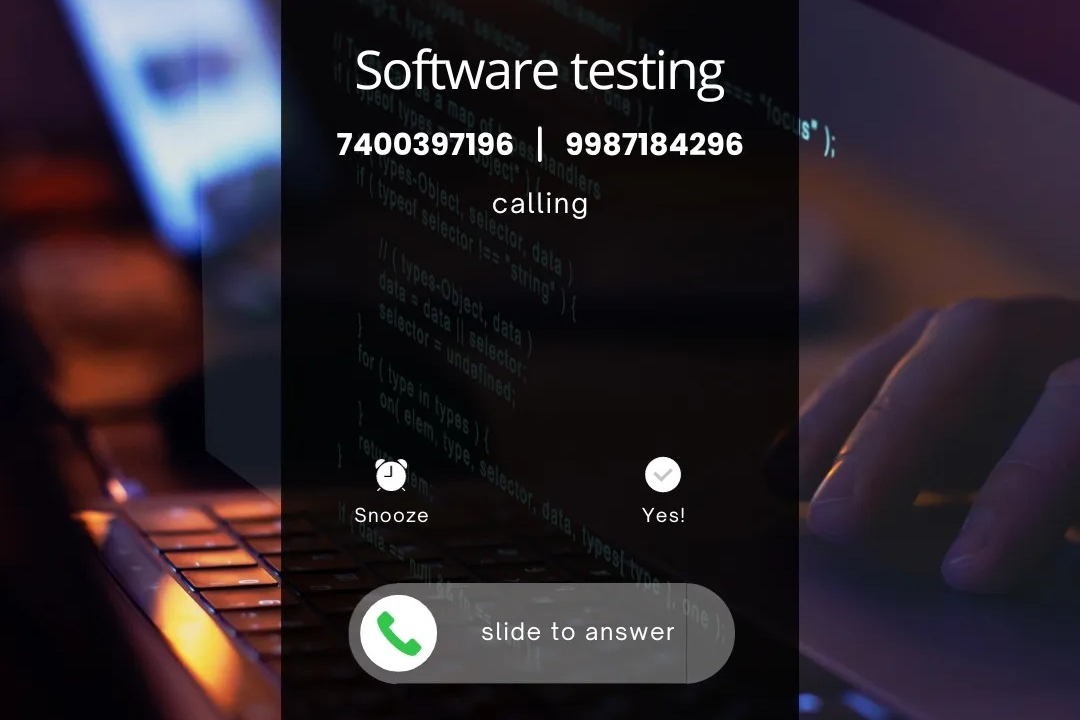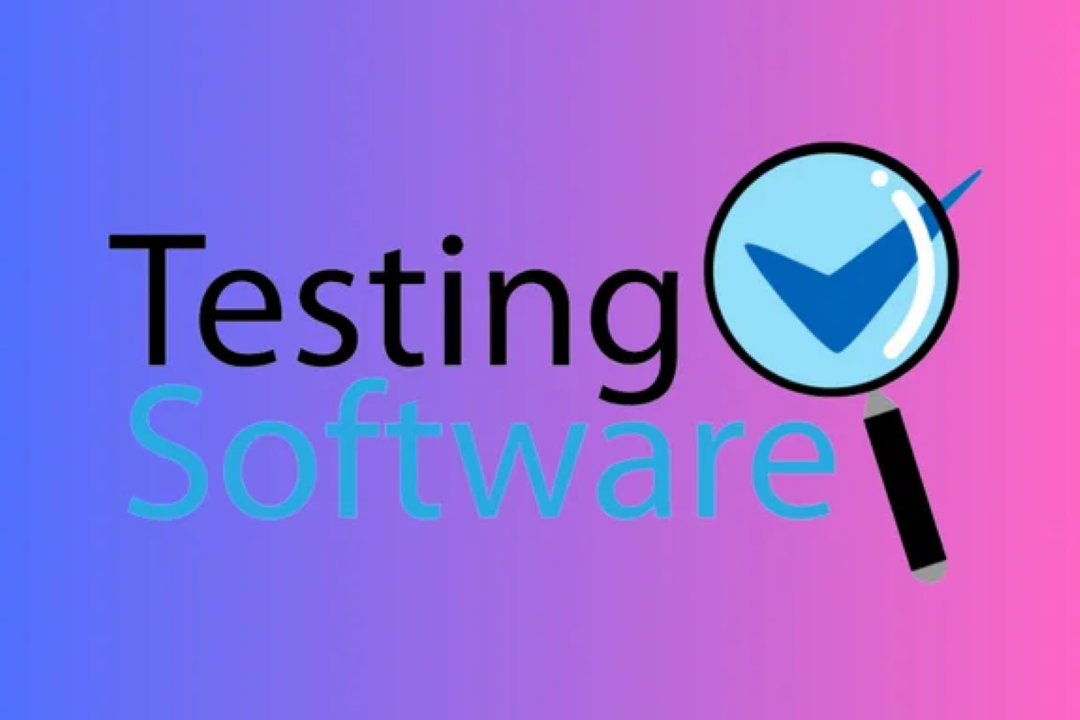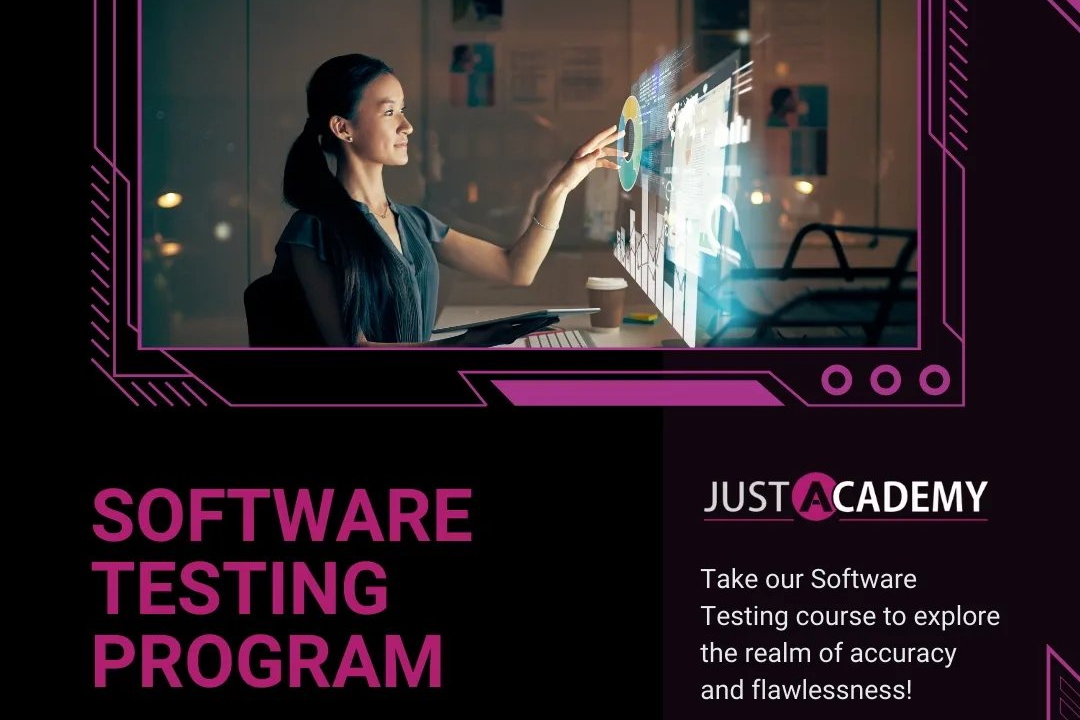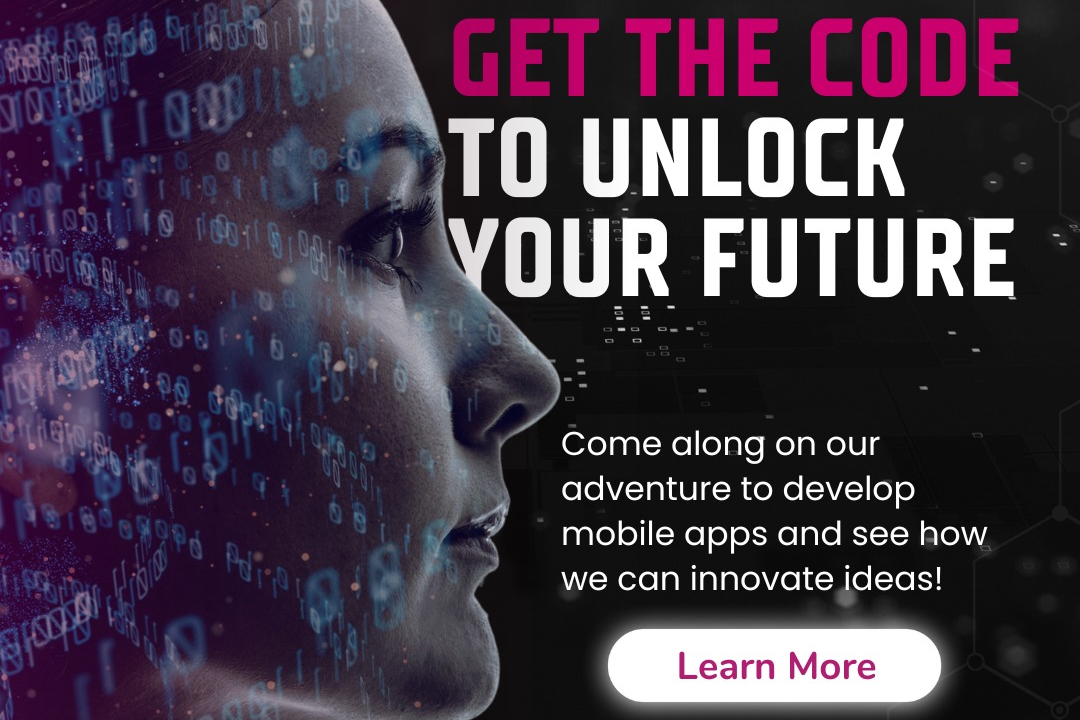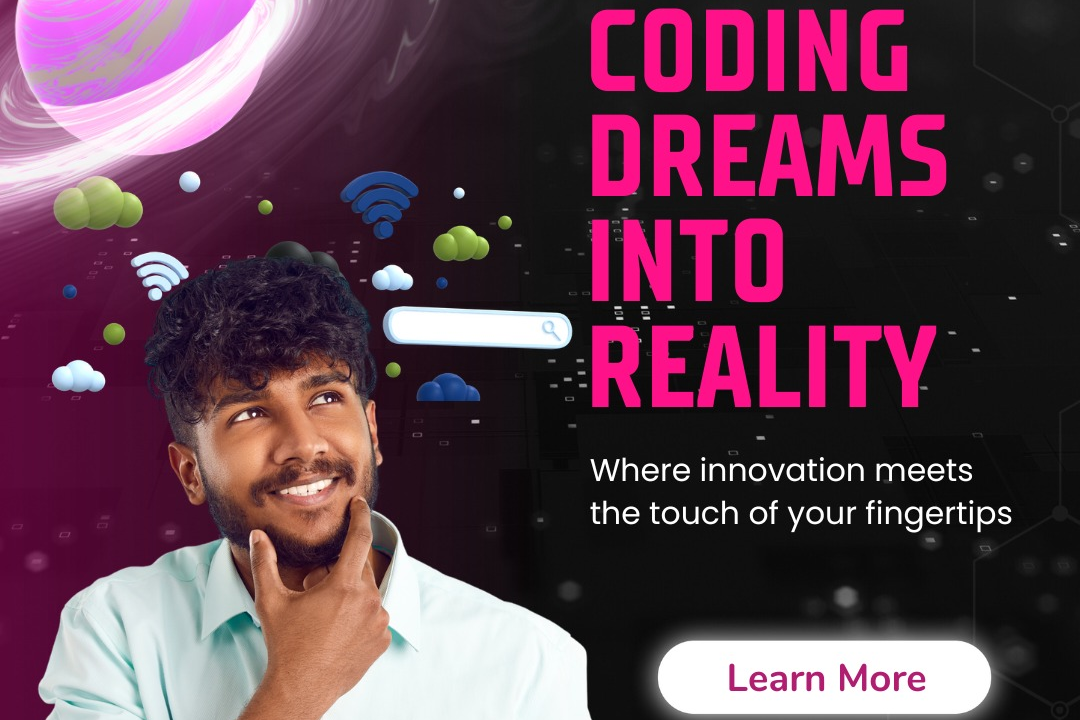Best React Native Ui Components Library
One of the best React Native UI component libraries is **NativeBase**, which provides a comprehensiv
Best React Native Ui Components Library
One of the best React Native UI component libraries is NativeBase, which significantly simplifies the development of mobile applications by offering a rich collection of customizable, pre-built UI components. This library not only helps developers save time and effort by providing responsive design elements that work seamlessly across both iOS and Android platforms, but it also ensures consistency in app aesthetics. With features like easy theming, extensive documentation, and a supportive community, NativeBase empowers developers to focus more on functionality and user experience while efficiently building high-quality mobile applications.
To Download Our Brochure: https://www.justacademy.co/download-brochure-for-free
Message us for more information: +91 9987184296
One of the best React Native UI component libraries is NativeBase, which significantly simplifies the development of mobile applications by offering a rich collection of customizable, pre built UI components. This library not only helps developers save time and effort by providing responsive design elements that work seamlessly across both iOS and Android platforms, but it also ensures consistency in app aesthetics. With features like easy theming, extensive documentation, and a supportive community, NativeBase empowers developers to focus more on functionality and user experience while efficiently building high quality mobile applications.
Course Overview
The “Best React Native UI Components Library” course at JustAcademy provides an in-depth exploration of leading UI component libraries, focusing primarily on NativeBase, React Native Paper, and other top frameworks. Participants will learn how to efficiently integrate these libraries into their applications, customize components for unique designs, and enhance user experience through best practices. The course includes real-time projects that offer hands-on experience, enabling learners to build visually appealing and responsive mobile applications. By the end, students will be well-equipped with the skills and knowledge to leverage UI libraries effectively in their React Native development endeavors.
Course Description
The “Best React Native UI Components Library” course at JustAcademy delves into the most essential UI component libraries, including NativeBase and React Native Paper, to empower developers in creating visually stunning and user-friendly mobile applications. Participants will gain a comprehensive understanding of how to efficiently implement and customize these libraries, ensuring a seamless integration that enhances the overall user experience. The course emphasizes hands-on learning through real-time projects, allowing learners to apply their skills in practical scenarios, and ultimately equipping them with the expertise needed to elevate their React Native development projects.
Key Features
1 - Comprehensive Tool Coverage: Provides hands-on training with a range of industry-standard testing tools, including Selenium, JIRA, LoadRunner, and TestRail.
2) Practical Exercises: Features real-world exercises and case studies to apply tools in various testing scenarios.
3) Interactive Learning: Includes interactive sessions with industry experts for personalized feedback and guidance.
4) Detailed Tutorials: Offers extensive tutorials and documentation on tool functionalities and best practices.
5) Advanced Techniques: Covers both fundamental and advanced techniques for using testing tools effectively.
6) Data Visualization: Integrates tools for visualizing test metrics and results, enhancing data interpretation and decision-making.
7) Tool Integration: Teaches how to integrate testing tools into the software development lifecycle for streamlined workflows.
8) Project-Based Learning: Focuses on project-based learning to build practical skills and create a portfolio of completed tasks.
9) Career Support: Provides resources and support for applying learned skills to real-world job scenarios, including resume building and interview preparation.
10) Up-to-Date Content: Ensures that course materials reflect the latest industry standards and tool updates.
Benefits of taking our course
Functional Tools
1 - React Native
React Native is the primary framework utilized in this course, enabling developers to build mobile applications using JavaScript and React. It allows for the creation of rich, native user experiences on both iOS and Android platforms without the need to write separate codes for each. The flexibility of React Native offers features such as hot reloading, which means developers can see changes in real time, making the development process more efficient and seamless. Students will gain hands on experience building applications with this framework, providing them a solid foundation in cross platform app development.
2) Expo
Expo is a set of tools built around React Native, facilitating the development and deployment of mobile applications. The course will introduce students to Expo’s extensive features, including its managed workflow, which streamlines the process of building applications without needing to configure native development environments. With Expo, students can easily add functionalities like camera access, location services, and push notifications. This tool accelerates the development cycle and helps students focus on the creative aspects of their projects rather than the technical setup.
3) UI Component Libraries
The course will explore popular UI component libraries such as NativeBase, Shoutem, and React Native Elements. These libraries provide pre built components that simplify the design process and enhance app functionality. Students will learn how to integrate these libraries into their projects, allowing for quick and efficient development of appealing interfaces without starting from scratch. The use of UI component libraries is essential for ensuring consistency and adhering to design standards across different platforms.
4) Visual Studio Code
Visual Studio Code (VS Code) will be the primary Integrated Development Environment (IDE) used throughout the program. With its rich extension ecosystem and built in Git capabilities, students will benefit from an efficient coding environment. Features such as IntelliSense, debugging tools, and terminal access within the IDE contribute to a smooth development workflow. Familiarity with VS Code is vital for any developer, making it an important skill students will acquire during the course.
5) Node.js and npm
Node.js and npm (Node Package Manager) serve as fundamental tools for managing packages and dependencies in React Native projects. Students will learn to use npm to install and update libraries and to manage project dependencies effectively. Understanding the command line interface and the package management system is crucial for modern web development, and proficiency in these tools will enhance the students' ability to work within any JavaScript framework.
6) Git and GitHub
Version control is an essential skill in software development, and students will be trained in using Git and GitHub for code management. Through version control, learners will understand the importance of tracking changes, collaborating with others, and maintaining project history. The course will cover how to create repositories, commit changes, and collaborate with team members on projects. Familiarity with Git and GitHub will not only help students in their coursework but will also prepare them for collaborative work environments in the tech industry.
These tools collectively enhance the learning experience by providing students with both the theoretical knowledge and practical skills required to excel in mobile app development using the best React Native UI component libraries.
7) Debugging Tools
Effective debugging is vital in the development process, and this course will introduce students to various debugging tools available for React Native applications. Students will learn how to use tools such as React Developer Tools and Flipper to identify and resolve issues within their applications. Understanding debugging techniques fosters problem solving skills and minimizes errors in the development process, crucial for any aspiring developer.
8) State Management Solutions
Understanding state management is essential for building dynamic applications. The course will cover popular state management libraries such as Redux and Context API. Students will learn how to manage and share application state efficiently, ensuring that their apps run smoothly and perform optimally. Emphasis will be placed on real world scenarios where proper state management can greatly enhance user experience and maintainability of the code.
9) API Integration
Building modern applications often involves the integration of various third party services through APIs. Students will learn how to make RESTful API calls, handle responses, and manage asynchronous operations. This practical knowledge is vital for creating feature rich applications that can communicate with back end services. Understanding how to integrate APIs will allow students to expand their project capabilities and deliver more robust solutions.
10) Styling and Theming
Having aesthetically pleasing applications is crucial in today’s competitive market. The course will cover styling techniques in React Native, including the use of StyleSheet, third party libraries like Styled Components, and theming solutions. Students will learn to create visually appealing interfaces while maintaining a responsive design across devices. Emphasizing best practices in styling ensures that students can create professional grade applications.
11 - Testing and Quality Assurance
Quality assurance is an essential part of the development lifecycle. The course will introduce students to testing frameworks suitable for React Native, such as Jest and Testing Library. Students will learn how to write unit tests, integration tests, and end to end tests to ensure the stability and reliability of their applications. Understanding testing methodologies promotes a mindset focused on delivering high quality software.
12) Deployment and Continuous Integration
Students will gain insights into deploying React Native applications to the App Store and Google Play as well as integrating continuous integration (CI) and continuous deployment (CD) practices. The course will cover tools such as Fastlane and GitHub Actions, which automate the build and release process, making it easier for developers to deliver updates and maintain their applications. Familiarity with deployment pipelines is valuable for any developer looking to streamline their workflow.
13) Real time Collaboration Practices
The course emphasizes the importance of collaboration by incorporating practices like pair programming and code reviews. Students will work in teams on project based assignments, facilitating communication and teamwork while developing soft skills essential for any professional environment. Exposure to collaborative practices will prepare students for real world development scenarios where teamwork and effective communication are paramount.
14) Performance Optimization Techniques
Building high performance applications is critical for user satisfaction. The course will cover techniques for optimizing the performance of React Native applications, including improving load times, minimizing memory usage, and implementing lazy loading strategies. Students will learn best practices to ensure their applications are fast and responsive, which is a significant factor in user retention.
15) Community and Resources
Finally, the course will emphasize the importance of community engagement and continuous learning in the tech industry. Students will be introduced to various online communities, forums, and resource platforms where they can seek help, share knowledge, and stay updated with the latest industry trends. Understanding how to leverage resources such as documentation, tutorials, and community forums will empower students to continue their learning journey beyond the course.
These additional points provide a comprehensive framework for the course, ensuring that students emerge with a well rounded skill set ready for real world applications in mobile development with React Native.
Browse our course links : https://www.justacademy.co/all-courses
To Join our FREE DEMO Session:
This information is sourced from JustAcademy
Contact Info:
Roshan Chaturvedi
Message us on Whatsapp: +91 9987184296
Email id: info@justacademy.co
